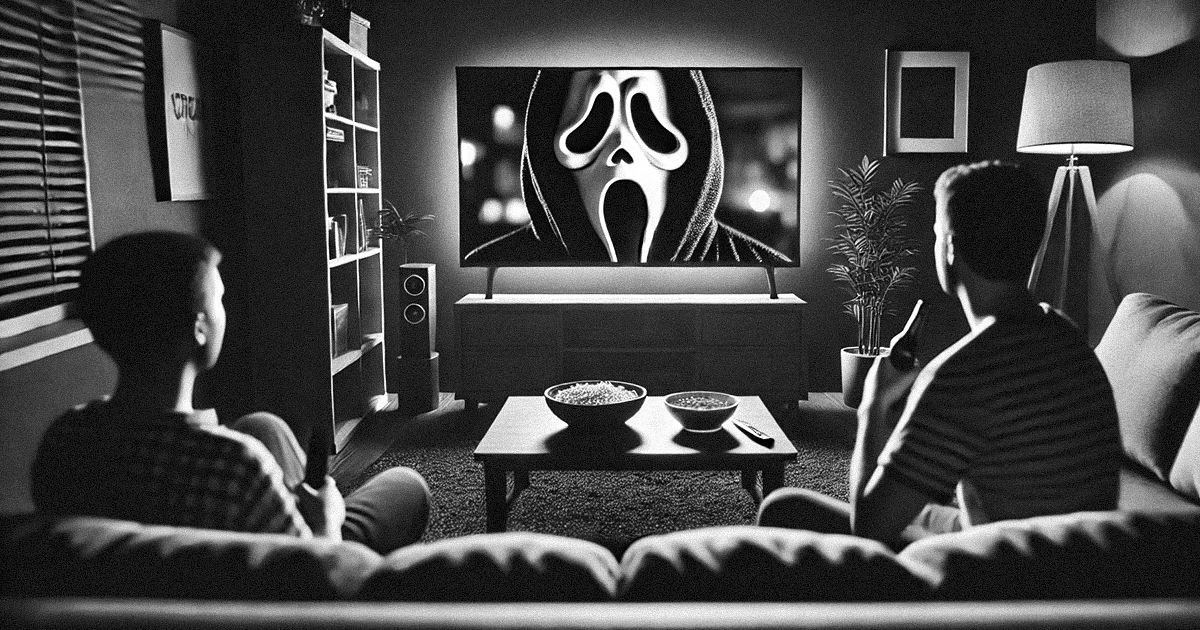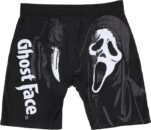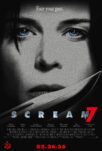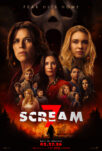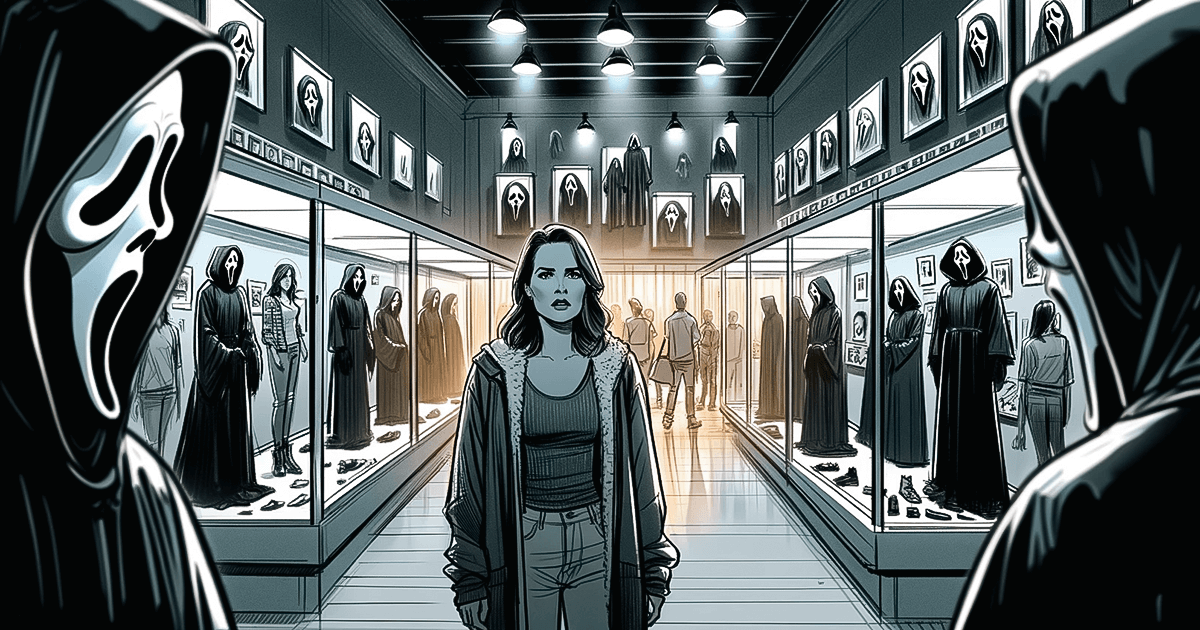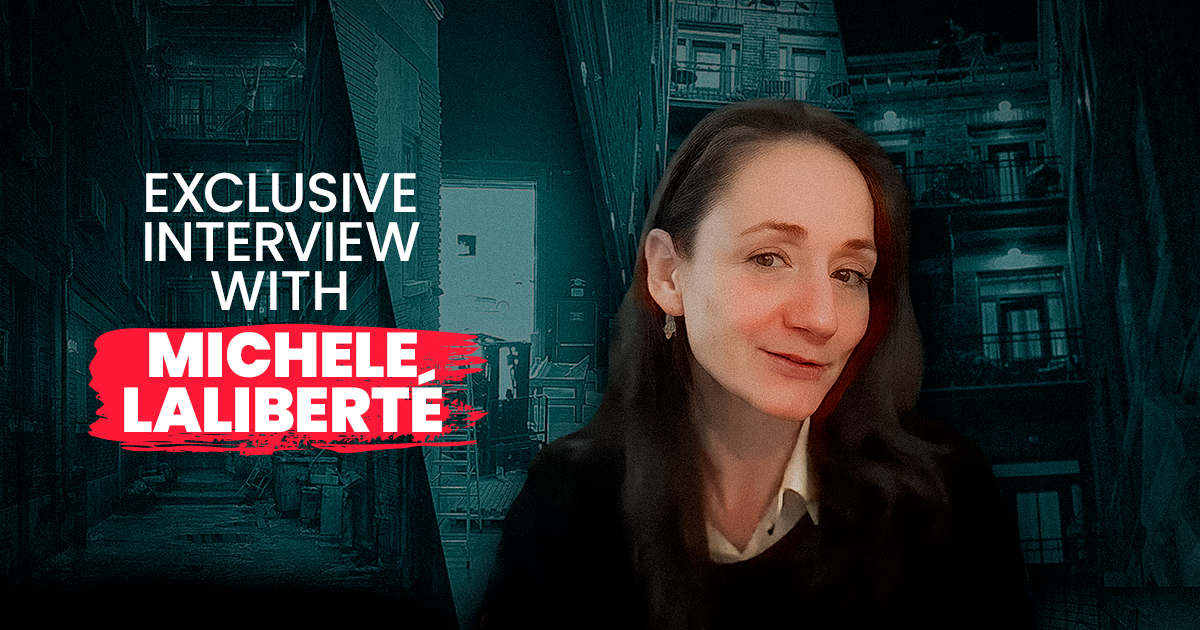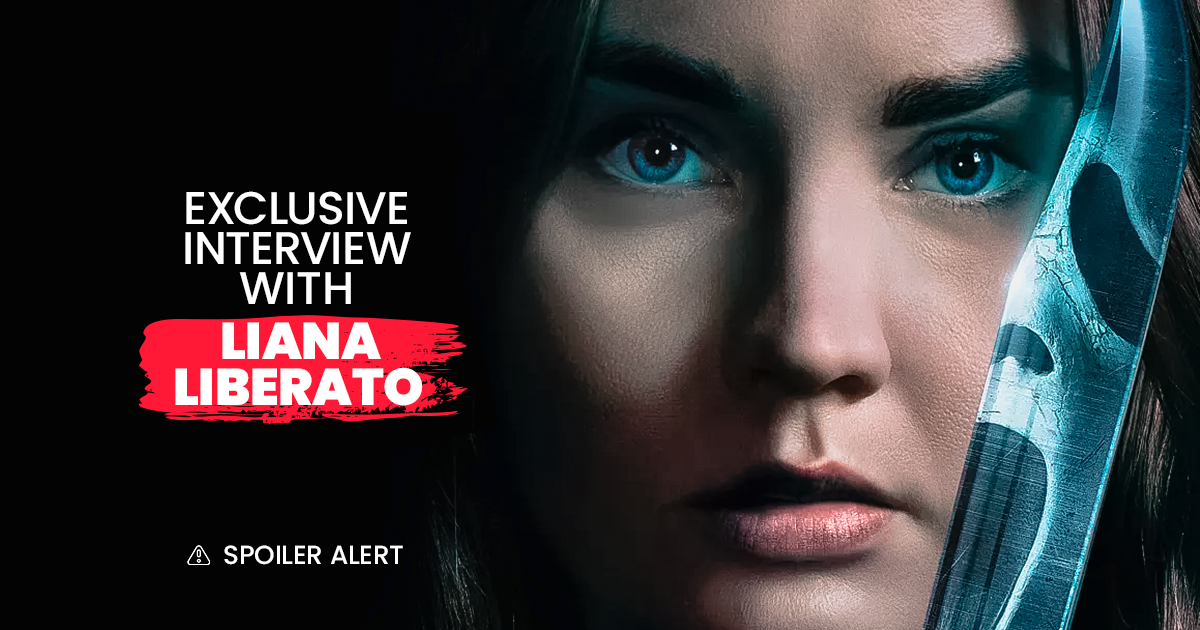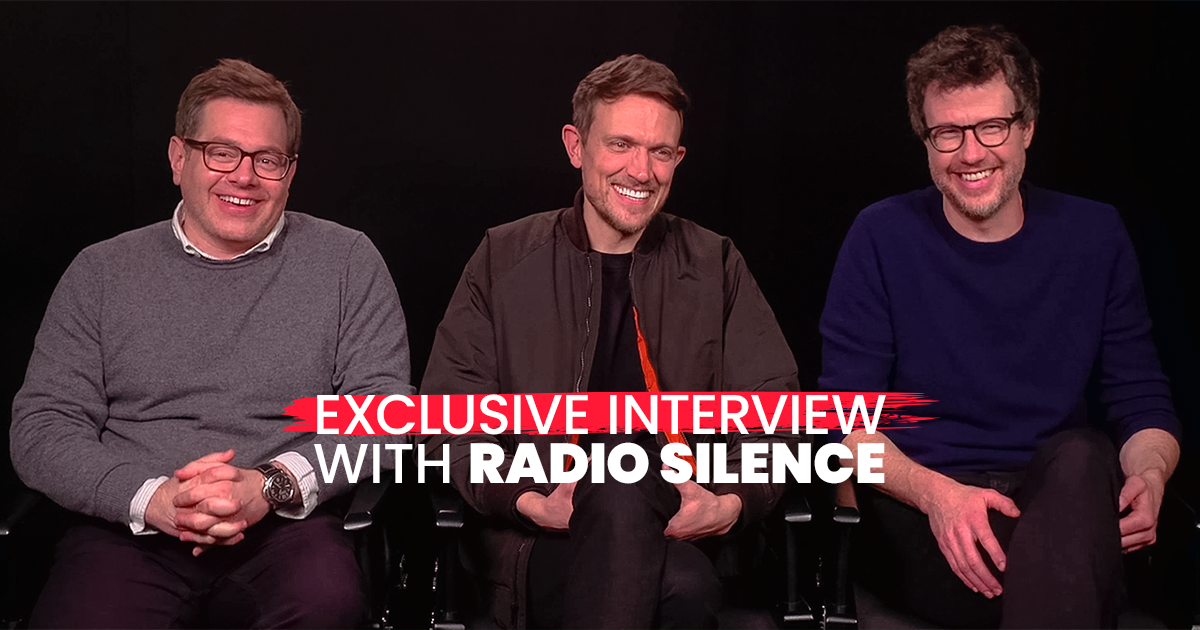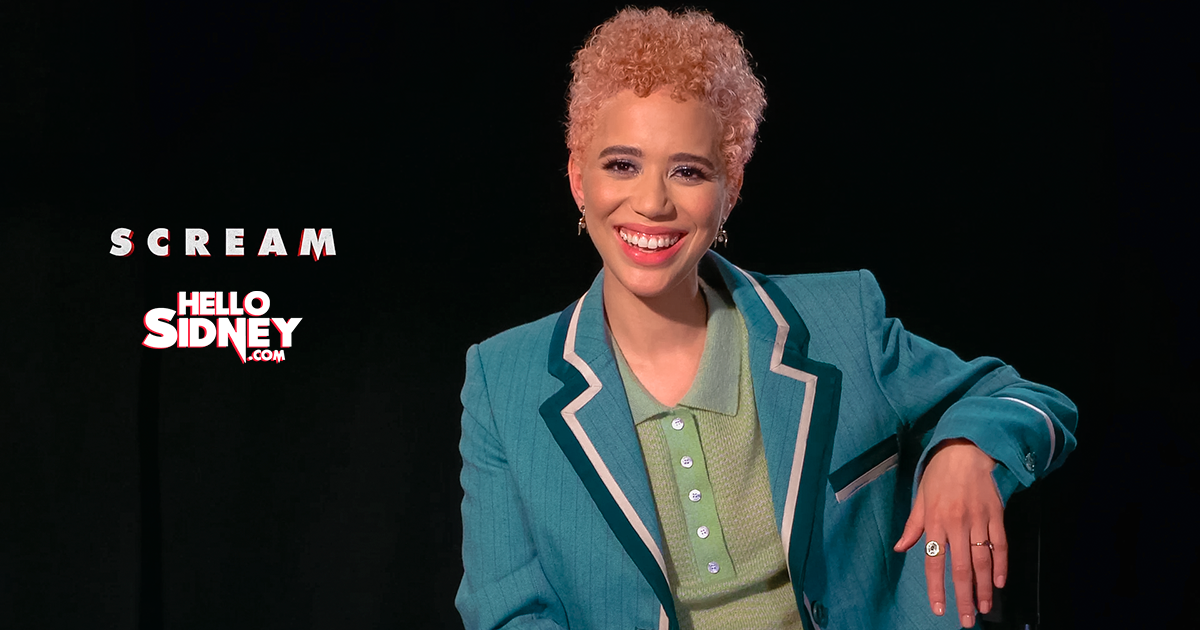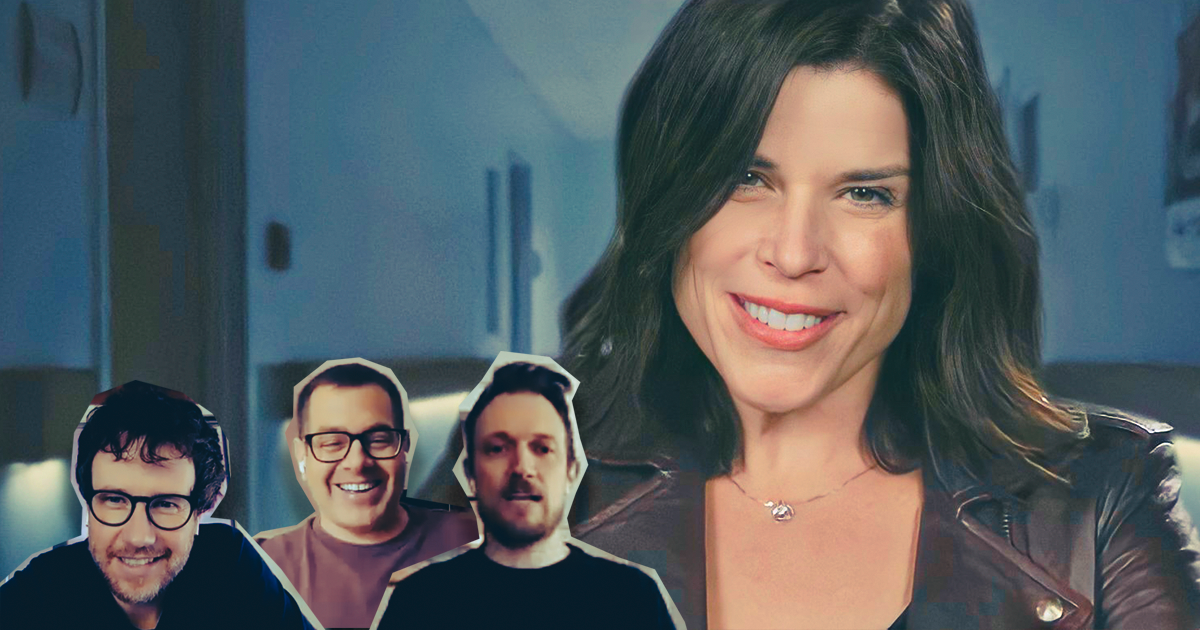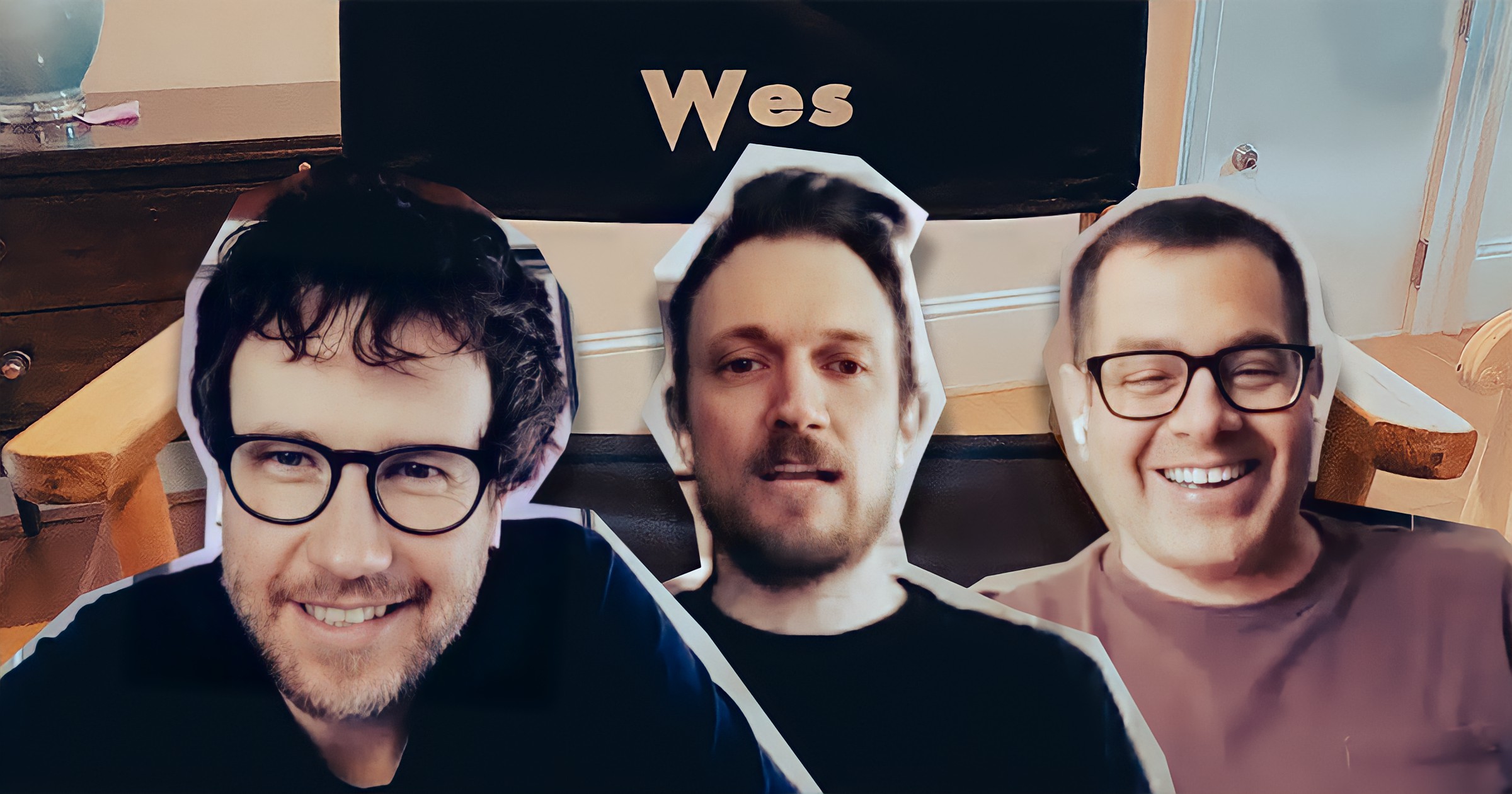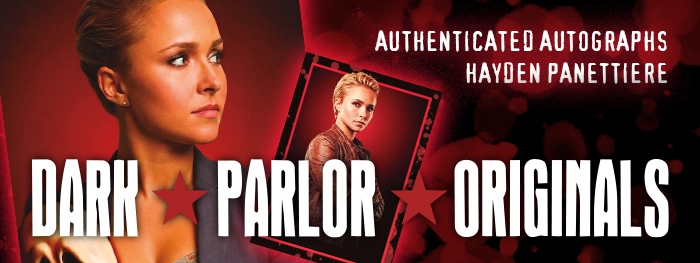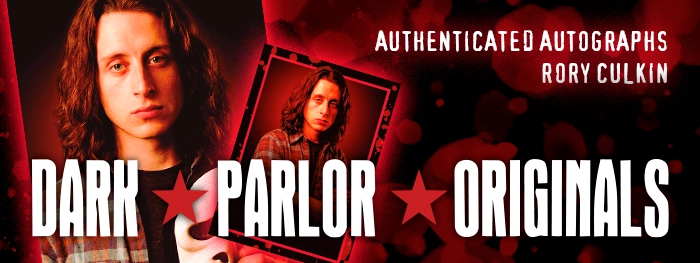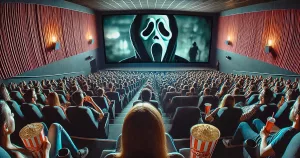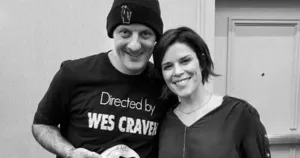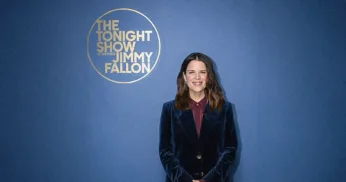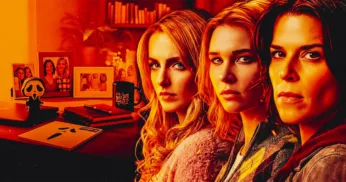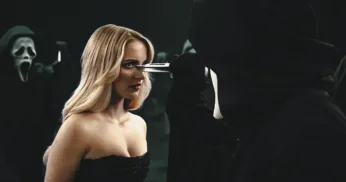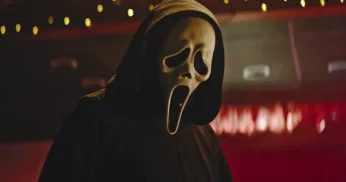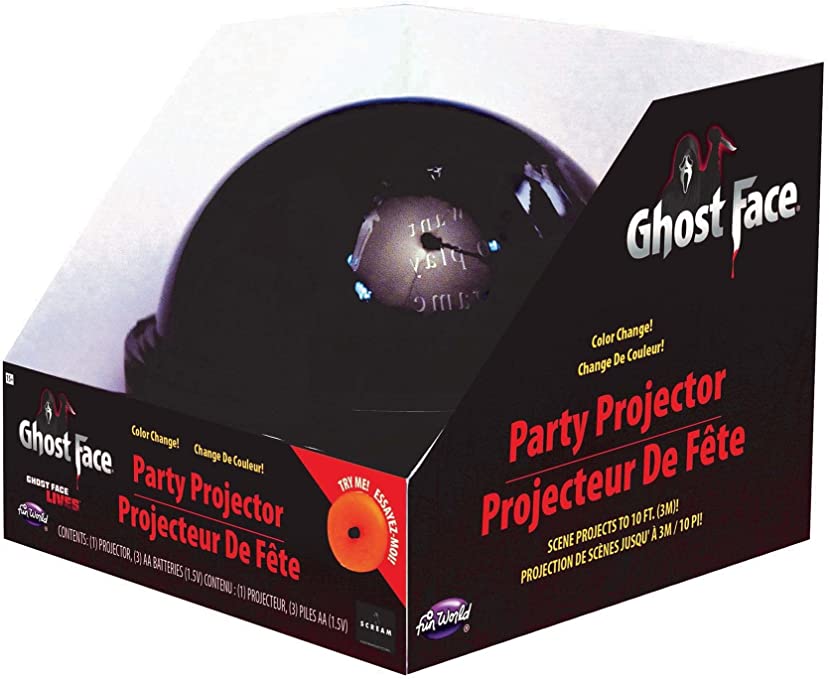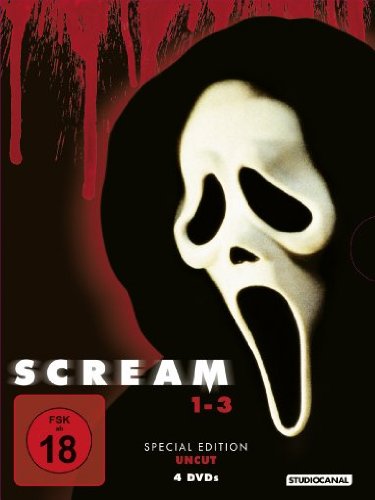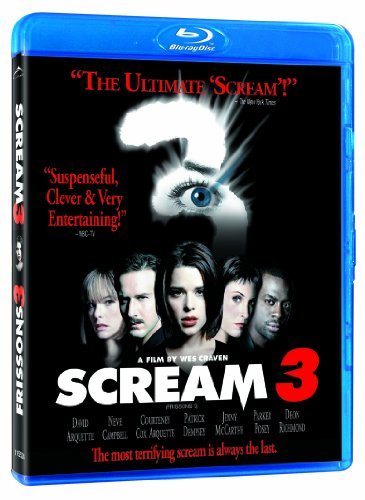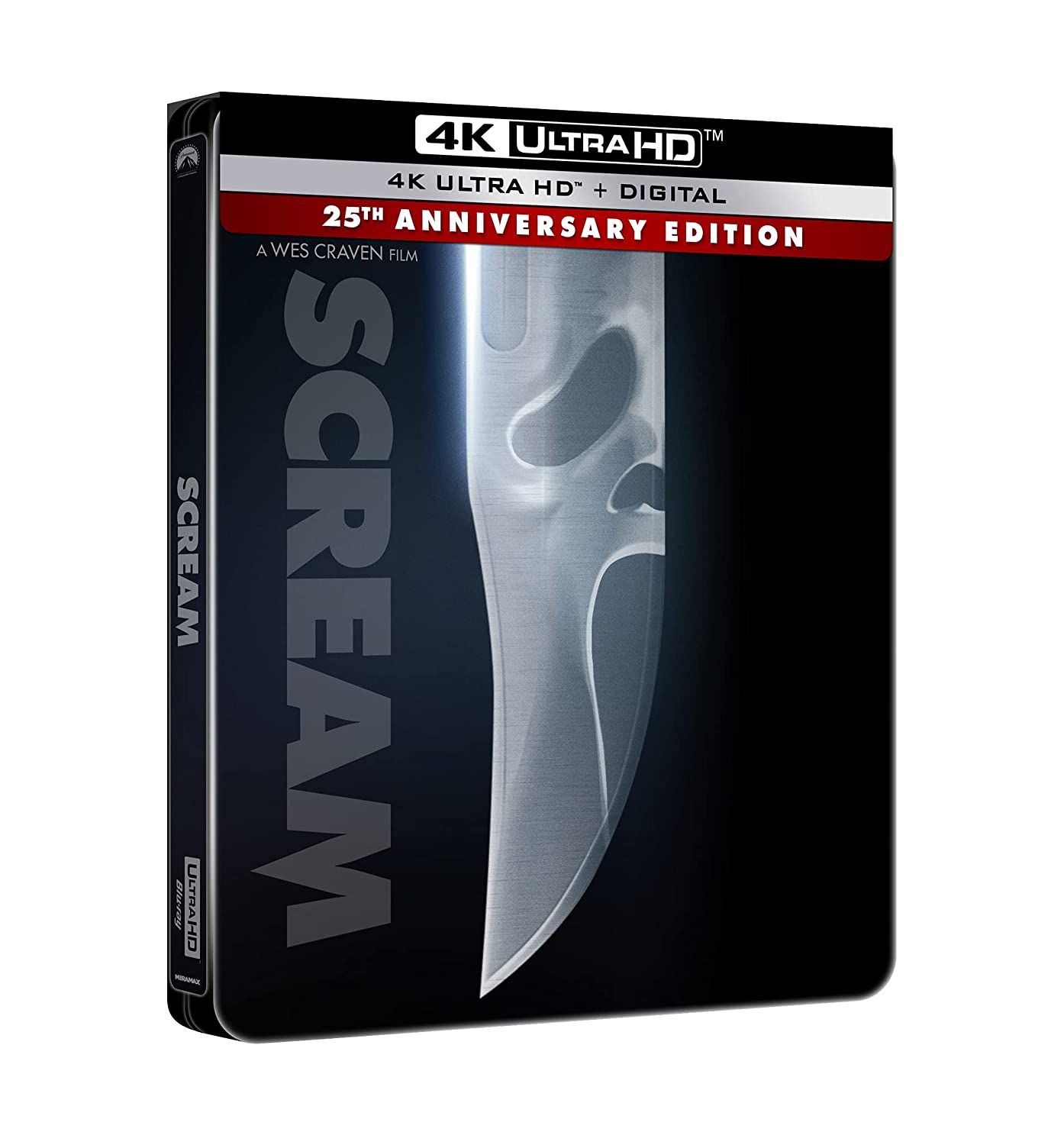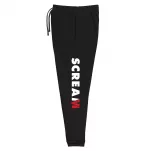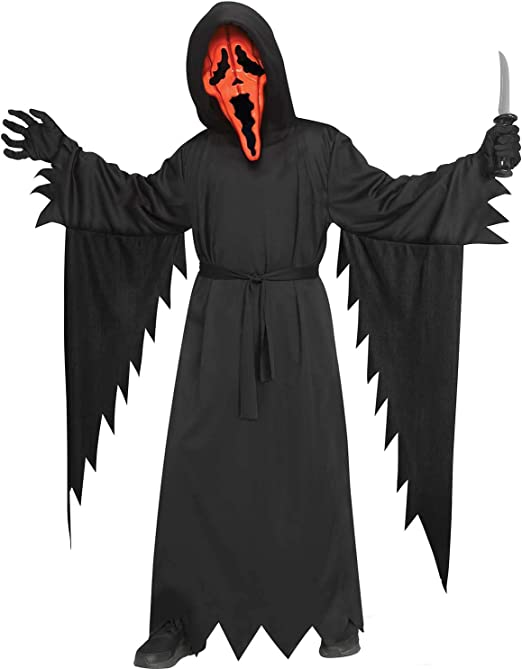Paul Morrone, cinephile and cultural commentator, reflects on Scream’s impact in 1996, exploring its legacy, societal commentary, and genre reinvention.
By Paul Morrone – Writer and passionate cinephile, chronicling cultural milestones with wit and depth.
December 20, 1996.
I remember the day well. I had just finished my last final exam of my first semester in college. Exhausted and ready for a two-week break, I was eager to unwind. A few months earlier, my family had upgraded to a 14.4 (or was it 28.8?) modem, which seemed like magic at the time. I became obsessed with watching movie trailers online and stumbled upon one for a movie called Scream. I watched that trailer more times than I can count. As a huge fan of Drew Barrymore (and admittedly Neve Campbell and Courteney Cox as well), the thought of Drew headlining a scary movie was too enticing. The countdown began.
Every showing at my small local theater was sold out, except for the final midnight screening. Despite the cold and wind, my friends and I stood in line, excited to see it. What unfolded over the next 111 minutes was one of the best cinematic experiences I’d had in a long time.
I have to admit, after the first 11 or 12 minutes, I considered leaving. Drew Barrymore’s demise as Casey Becker was a shocking, adrenaline-fueled scene—arguably one of her best performances and one of the best moments in horror cinema. Seeing such a prominent star go head-to-head with an unseen, terrifying villain only to meet her end was truly unprecedented. It was equal parts horrifying and mesmerizing. At that point, I realized that all bets were off, and Scream was going to be unlike anything else.
Thanks to Kevin Williamson’s sharp humor, Neve Campbell and Courteney Cox’s tenacity, and Wes Craven’s masterful direction, I managed to hold it together through the rest of the film. What struck me most was how the film reflected my generation. The dialogue was witty, intellectual, and strong—finally capturing how people my age spoke and acted. For once, I felt represented on screen.
Scream arrived at a golden moment in cinema. It was more than just great entertainment; it was fresh, smart, funny, and brimming with social commentary. It redefined the horror genre, elevating it from the forgettable schlock of the early ’90s to a legitimate art form. The cast and crew’s talent shone through, creating unforgettable characters and a cultural phenomenon.
In hindsight, Scream also marked the end of a certain youthful innocence. Its release came just before a wave of societal changes, including the tragic Columbine massacre, which forced us to confront real-life horrors. The movie’s self-aware commentary on our violence-obsessed culture felt eerily prescient, showing us how desensitized we had become to the very thing we consumed as entertainment. Yet, it reminded us that good could and should triumph, even in the darkest moments.
In conclusion, Scream wasn’t just a movie—it was a cultural event. With standout performances from Neve Campbell, Courteney Cox, David Arquette, and a stellar supporting cast including Drew Barrymore, Rose McGowan, Jamie Kennedy, Skeet Ulrich, and Matthew Lillard, it delivered an unforgettable cinematic experience. Fourteen years later, it still stands as a sharp, satirical commentary on both the genre and society. What’s next for us to face? Only time will tell.
Celebrating 14 years of Scream! Read testimonials from fans and contributors on the legacy of this iconic horror classic.
Follow HelloSidney.com: Don’t miss a scream-worthy second! Get exclusive updates, killer behind-the-scenes content, epic giveaways, and everything Ghostface!

